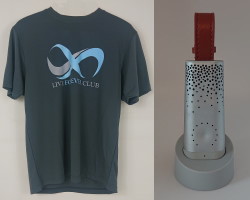Key points from article :
Timing feedings to match the active period of the circadian cycle extended the life span of lab mice more than three times as much as caloric restriction alone.
Mice that ate as much and whenever they wanted lived nearly 800 days median life span – an average period.
Low-calorie diet only during the active period of the cycle extended their median life span to about 1,068 days, an increase of almost 35% over the unrestricted eaters.
A counterintuitive aspect of these studies is that body weight was not affected by the pattern or time of eating.
There were no differences in body weight among the five low-calorie groups despite the substantial differences in life span.
“This shows that at low body weight, this popular yardstick of health (body weight) is not a predictor of life span,” said Dr. Green, lead researcher.
The mice that lived the longest had significantly better metabolic health, with higher insulin sensitivity and blood sugar stability.
Fewer changes in the activity of genes associated with inflammation, metabolism and aging in the long-lived animals compared to the shorter-lived ones.
“Our findings serve as a proof-of-principle for investigating circadian clocks as potential targets to delay aging,” said Dr. Victoria Acosta-Rodriguez, lead author.
The study was led by neuroscientists at UT Southwestern’s Peter O’Donnell Jr. Brain Institute and the findings were reported in Science.



/calorie-restriction-cr-thumbnail.jpg)



